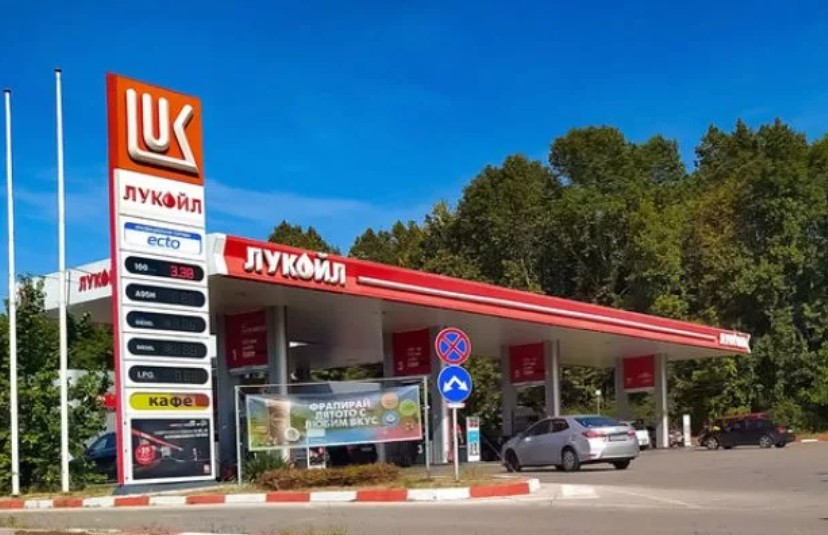A former Bulgarian diplomat has urged the government to seek a postponement or exemption from new U.S. sanctions targeting Russia’s energy sector, warning that the measures could destabilize operations at the Lukoil-owned Neftochim Burgas refinery, the largest in the Balkans.
Vladimir Kisyov, one of Bulgaria’s first negotiators for EU accession, told Nova TV that Lukoil’s acquisition of Neftochim Burgas decades ago had been driven by logistical convenience, not political intent.
“At the time, Lukoil mainly processed Soviet and Iraqi oil. Logistically, it was the most suitable buyer. No one could have imagined today’s tensions,” Kisyov said in the “Offensive” program hosted by Lyubo Ognyanov.
He added that Russia’s involvement in strategic sectors has long been a concern. “History has proven that this partner cannot be relied upon,” he said, referring to Moscow’s energy leverage in Eastern Europe.
Kisyov said Bulgaria’s cabinet and parliament were handling the situation responsibly but warned that the mechanism allowing a “special manager” to oversee a company with majority Russian ownership could create internal tensions.
“In my opinion, Bulgaria should ask for a postponement or an exception to these sanctions,” he said.
The U.S. imposed fresh sanctions this week on Russian oil giants Rosneft and Lukoil in an effort to curtail the Kremlin’s wartime revenues. Bulgaria’s Neftochim Burgas refinery, which supplies much of the country’s fuel, is wholly owned by Lukoil.
Analysts say the U.S. measures could complicate refinery operations and regional fuel supply chains across Southeast Europe, where Russian crude remains a significant input despite EU efforts to diversify.
The issue comes as Bulgaria prepares to adopt the euro in January and faces public discontent over rising energy prices and inflation.



